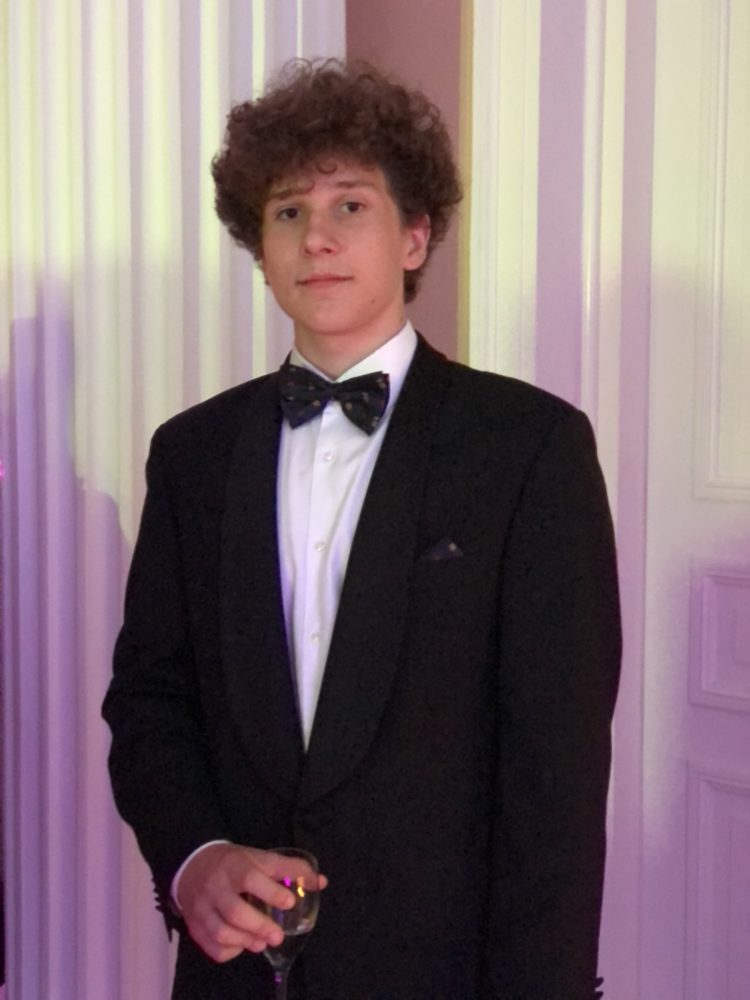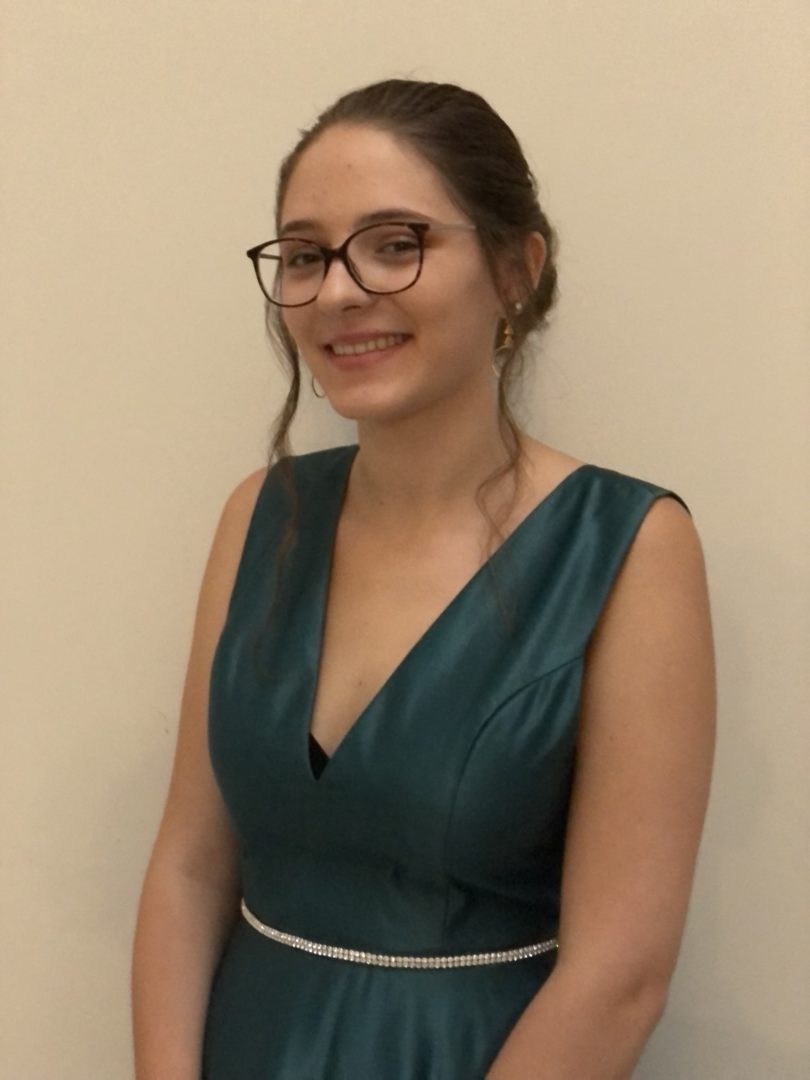Stefan and Nina are two students of the Lycée français de Varsovie from the promotion 2021/2022. Having recently graduated high school, they shared with us their experience at the LFV and with the Baccalauréat exams, but also told us about their plans for university…
What has been your schooling path at the LFV?
Stefan: I did all my education at the LFV, except for the year of 3e, which I spent in a Polish middle school.
Nina: I arrived in 4e after having done my previous schooling in Clermont-Ferrand in a French middle school.
Which majors did you choose in Première? Which one did you drop in Terminale, and why?
Stefan: In Première, I chose the majors “Humanities, Literature and Philosophy”, “Economics and Social Sciences” and “Geopolitics”. Then, in Terminale, I quit “Humanities”. Despite my interest in literature, essays and philosophy, the other two majors were more in line with what I wanted to study later on and what I would need in my future career.
Nina: I picked “Mathematics”, “Economics and Social Sciences” and “Earth and Life Sciences” (SVT). I chose Mathematics because I appreciate their logic and the thinking work they demand, and also because, in my family, studying mathematics is not an option, but rather an obligation. I also chose Economics and Social Sciences because of the debates and the themes they cover, which allow me to stay updated on current events.
How did the exams go? What helped you the most? Do you have a personal tip for success?

Stefan: I personally was unlucky. I got sick during the preparation period. I was bedridden and only got better two days before the major exam. But fortunately, I had prepared well in advance.
In Economics and Social Sciences, I was able to work off the clarity and the structure of the lessons. I had already made index cards in which I had written down the goals to be memorized in order to organize my learning process. In Geopolitics, the teacher’s slides which listed all the important keywords served as foundation for my revising.
My personal trick is that I am able to match and remember a number for each topic I need to learn. For example, I know I have four concepts to be familiar with to “present the changes in the world of employment” and I will then recover these four concepts. For another topic, it will be five or two and so on. That’s how it all comes back to me.

Nina: It was an intense moment of stress for me. The Baccalauréat is an exam that we have been talking about since high school, and it represented the culmination of all my efforts. The stakes were even higher for me because I had set myself the goal of obtaining a “Très Bien” distinction. I was worried that I wouldn’t make it, I cried, but I never gave up despite the hard work and fatigue. Once the exams were over, I felt a real feeling of relief and the satisfaction of achieving the distinction I was aiming for: I had an average grade of 16.01!
To prepare, I worked alone, because I learn better under these conditions. I also need a lot of sleep, so I went to bed early. Throughout the year, I regularly took notes of my lessons as it was instructed. The two mock exams helped me practice for the real Baccalauréat exam.
For my revisions, I gave myself schedules for almost a month that summarized the chapters I had to work on each day. If I fell behind my schedule, I made up for it the next few days. I never study at the last minute, because it raises my stress level.
On the big day, I was ready. My biggest strength is that I have a great capacity to learn by heart. It’s a real pleasure to be confronted to a question that you have mastered and to be able to recite everything that is expected!
What were your wishes on Parcoursup? Which one did you choose?
Stefan: I submitted an application for Sciences Po Paris and took entrance exams for some IEP (Political Institutes) outside of Paris, but I did not get in. I am still waiting for my wish to do a double degree in law and philosophy at the University of Paris I to be confirmed, but if this does not work out, I will only study law there, as I have already been selected for this degree.
Nina: I applied to a variety of schools: some preparatory classes in economics and business or social sciences, business schools, and even universities of law, economics and management. I finally settled for the IPAG in Nice, which is a business school, to do a master’s degree with an American program in which the entire curriculum is taught in English. I also plan to take the “start-up and innovation” optional classes.
What was the most memorable thing about being a student at the school?
Stefan: I will remember the common room the most: it is the lounge that is dedicated to high school students. Apart from studying between classes, I spent a lot of good moments with my friends there. I will have many memories of the laughs and discussions I had with them…
Nina: My transfer to the LFV was complicated when I arrived in Warsaw, because I found myself without friends in a class where I didn’t know anyone. I also felt a real difference in teaching level compared to the school where I was in France in the classes in general and especially regarding languages. Fortunately, two teachers, Mrs. Nougarou and Mr. Santasouk, helped me a lot so that I could find my place.
This new situation and the adaptation it required from all the members of my family also brought us together a lot. But 5 years later, I have great friends, I can speak English and Spanish very well and I have been confronted to teachers with different personalities and working methods. I spent the best years of my life there.



